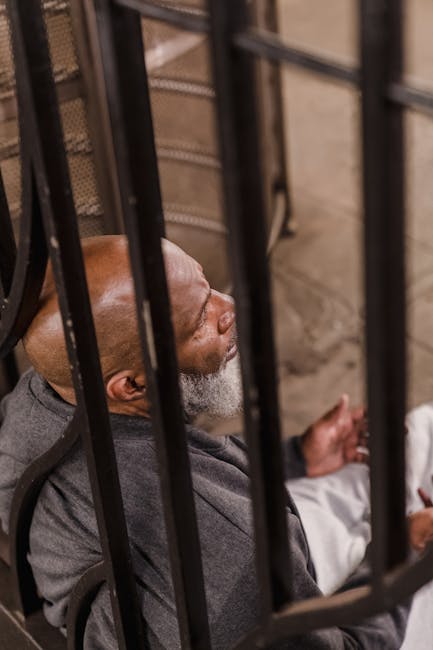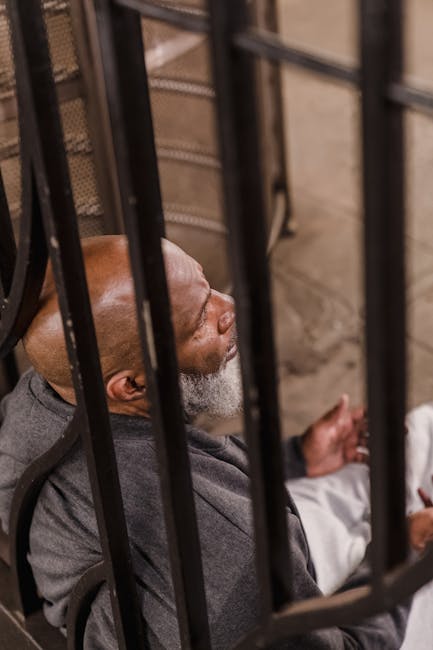The Dark Side of Reality TV: Unveiling the Manipulation, Exploitation, and Mental Health Toll
Reality television, a genre built on the premise of unscripted authenticity, often presents a carefully curated and highly manufactured version of reality. While offering escapism and entertainment, it harbors a darker side, a shadow world where manipulation, exploitation, and the erosion of mental wellbeing thrive. This article delves into the ethically questionable practices behind the scenes, examining the impact on participants and the broader societal implications.
The Illusion of Authenticity: Editing and Manipulation
One of the most pervasive issues is the manipulation of narrative through editing. Hours of footage are condensed into short, compelling episodes, often selectively highlighting moments of conflict, drama, and manufactured tension. This editing process can drastically alter the context of events, portraying individuals in a light vastly different from their actual behavior and intentions. The carefully chosen music, sound effects, and camera angles further contribute to the construction of a specific narrative, shaping audience perception and potentially damaging the reputation of participants.
Examples abound: seemingly innocuous conversations can be spliced together to create an impression of animosity or betrayal. Out-of-context statements can be used to generate controversy and fuel online discussions. The skillful deployment of editing allows producers to craft storylines that maximize viewer engagement, even if it means distorting the truth and compromising the integrity of the individuals involved.

The Power of the Producer: Orchestrating Conflict
Producers often play an active role in shaping the dynamics of the show, actively instigating conflict and encouraging drama among participants. This can manifest in subtle forms of suggestion, prompting individuals to engage in confrontations or pursue specific storylines. In more extreme cases, producers have been accused of outright manipulation, feeding participants information or creating situations designed to generate conflict and boost ratings.
This level of control raises serious ethical concerns. Participants, often lured by the promise of fame and fortune, may find themselves trapped in situations they did not anticipate, their actions and words carefully manipulated to fit a pre-determined narrative. The blurring lines between reality and manufactured drama can have profound psychological effects.
Exploitation: The Cost of Fame
The pursuit of fame and fortune can be a powerful motivator for reality TV participants, yet the cost often outweighs the rewards. Many individuals are poorly compensated for their participation, signing contracts that grant producers significant control over their image and personal lives. This can lead to feelings of exploitation and powerlessness, particularly when negative portrayals result in public ridicule and online harassment.

The lack of adequate support and mental health resources is another significant concern. Participants are often thrust into the spotlight with little preparation for the intense scrutiny and pressure that comes with public exposure. The sudden influx of fame and attention can be overwhelming, leading to anxiety, depression, and other mental health challenges.

The Afterglow of Infamy: Lasting Consequences
Even after a show concludes, the impact on participants can linger. Negative portrayals can damage personal and professional relationships, hindering future opportunities. The constant online scrutiny and harassment can have devastating consequences, contributing to feelings of isolation, shame, and self-doubt. Many former participants struggle to rebuild their lives after their experience on reality TV, grappling with the aftermath of manufactured drama and the intense pressure of public opinion.
Mental Health: A Growing Crisis
The link between reality TV participation and mental health issues is becoming increasingly evident. Studies have shown a correlation between exposure to reality TV and increased levels of anxiety, depression, and body image issues. The idealized and often unrealistic portrayals of lifestyles and relationships can create unrealistic expectations and contribute to feelings of inadequacy and low self-esteem.
For participants, the pressures of the show, coupled with the aftermath of public exposure, can be particularly damaging. The lack of adequate mental health support is a significant gap in the system, leaving many individuals struggling to cope with the long-term consequences of their participation.
The Ripple Effect: Societal Impact
The dark side of reality TV extends beyond the individuals involved, impacting broader societal attitudes and values. The constant exposure to manufactured drama and conflict can desensitize audiences to real-world issues, fostering a culture of negativity and intolerance. The emphasis on superficiality, competition, and manufactured conflict can contribute to unrealistic expectations about relationships, success, and happiness.
Moving Forward: Towards Ethical Production
Addressing the dark side of reality TV requires a multifaceted approach. Increased regulation and ethical guidelines are needed to protect participants and promote responsible production practices. This includes stricter contract regulations, mandatory mental health support, and greater transparency regarding editing and manipulation techniques.
Furthermore, media literacy initiatives are crucial to empower viewers to critically evaluate the content they consume and understand the constructed nature of reality TV. By fostering a more informed and discerning audience, we can mitigate the potential negative impacts of this powerful medium.
- Increased Transparency: Producers should be more open about their editing practices and the level of influence they exert on the narrative.
- Mandatory Mental Health Support: Participants should have access to comprehensive mental health resources both during and after filming.
- Fairer Compensation: Participants deserve fair and adequate compensation for their participation.
- Stronger Contract Regulations: Contracts should protect participants’ rights and ensure they are not exploited.
- Media Literacy Education: Educating viewers about the constructed nature of reality TV is vital.
By acknowledging and addressing the dark side of reality TV, we can work towards a more ethical and responsible approach to entertainment, protecting both participants and audiences from the potential harms of manufactured reality.

